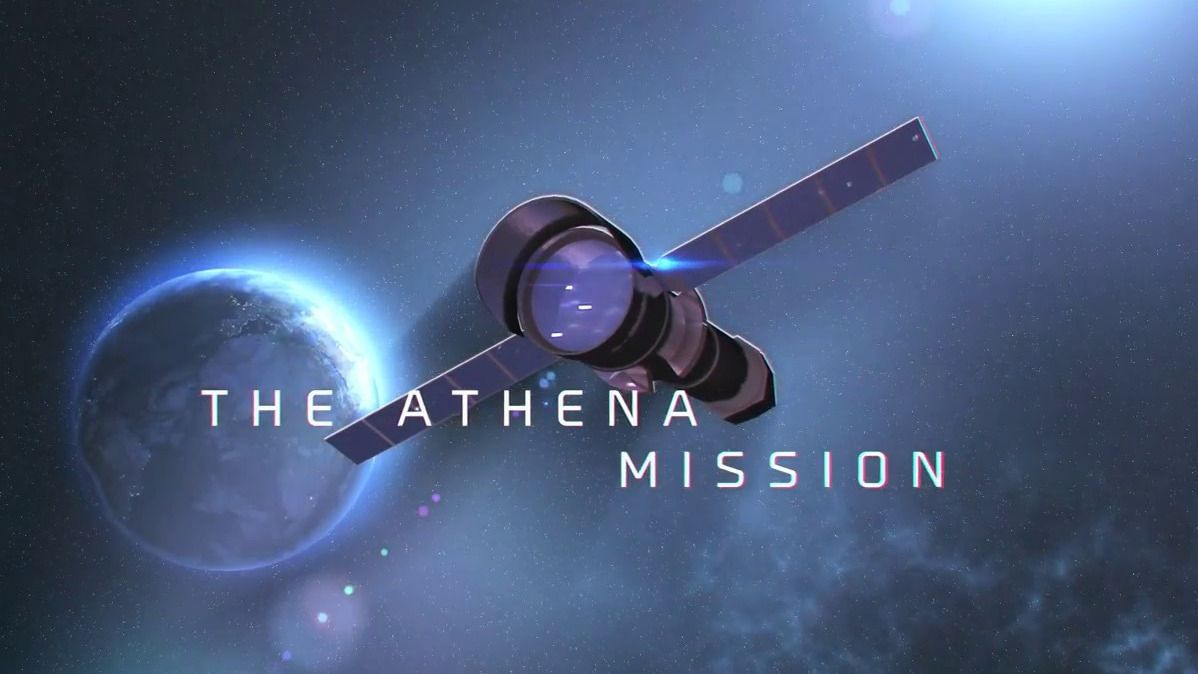Press Release: Webinars entitled “Discussions with Scientists” are realized within the TUKE Space Forum and will present selected experiments of contemporary space research. Speakers at these webinars are leading representatives of the experiments who will present their projects via a teleconference and answer any related questions.
The upcoming webinar is dedicated to the Athena mission.
It will take place on Wednesday, March 25, 2020, at 3 pm.
Athena is ESA’s mission to investigate the development of baryon matter in the universe, as well as to observe the largest cosmic collisions, collisions of supermassive black holes.
The basic questions Athena will look for are
- How and why does the ordinary matter group in large structures?
- How have the baryons captured in these structures evolved since the era of their formation?
- How do black holes grow and affect their surroundings, how do they affect the cosmological evolution of the galaxies at their locations?
These are the fundamental astrophysical questions that Athena, the next generation European Space Agency’s X-ray Observatory, is designed to answer.
However, practically, the Athena will have an impact on every field of astrophysics, thanks to her scientific performance beyond any existing X-ray missions.
Matteo Guainazzi, Study Scientist for ESA Athena mission, will guide us through the world of the Athena mission and answer our questions.
Matteo Guainazzi’s research is focused on high-energy observations of Active Galactic Nuclei (AGN). He is working on the preparation of future missions: as Project Scientist for ESA’s contribution to XRISM, and Study Scientist for Athena and THESEUS.
Webinar Program
14:45 Opening
14:50 A review of news about space exploration
15:00 Lecture: Athena will explore the development of matter and collisions of supermassive black holes.
~ 15: 45 Discussion about the lecture
~ 16: 15 Conclusion
The webinar will be teleconferenced via Zoom at
https://zoom.us/j/7312925489
You can ask questions to Matteo Guainazzi via slido, event code #2722.

3 replies on “How does a supermassive black hole collision look like?”
When the upcoming event will held ? regards
The upcomming event will be held today (April 29, 2020 at 3 pm).
More info: https://spaceforum.sk/en/event/webinar-euclid-discovering-the-dark-side-of-the-universe/
Why did the name is The Athena?